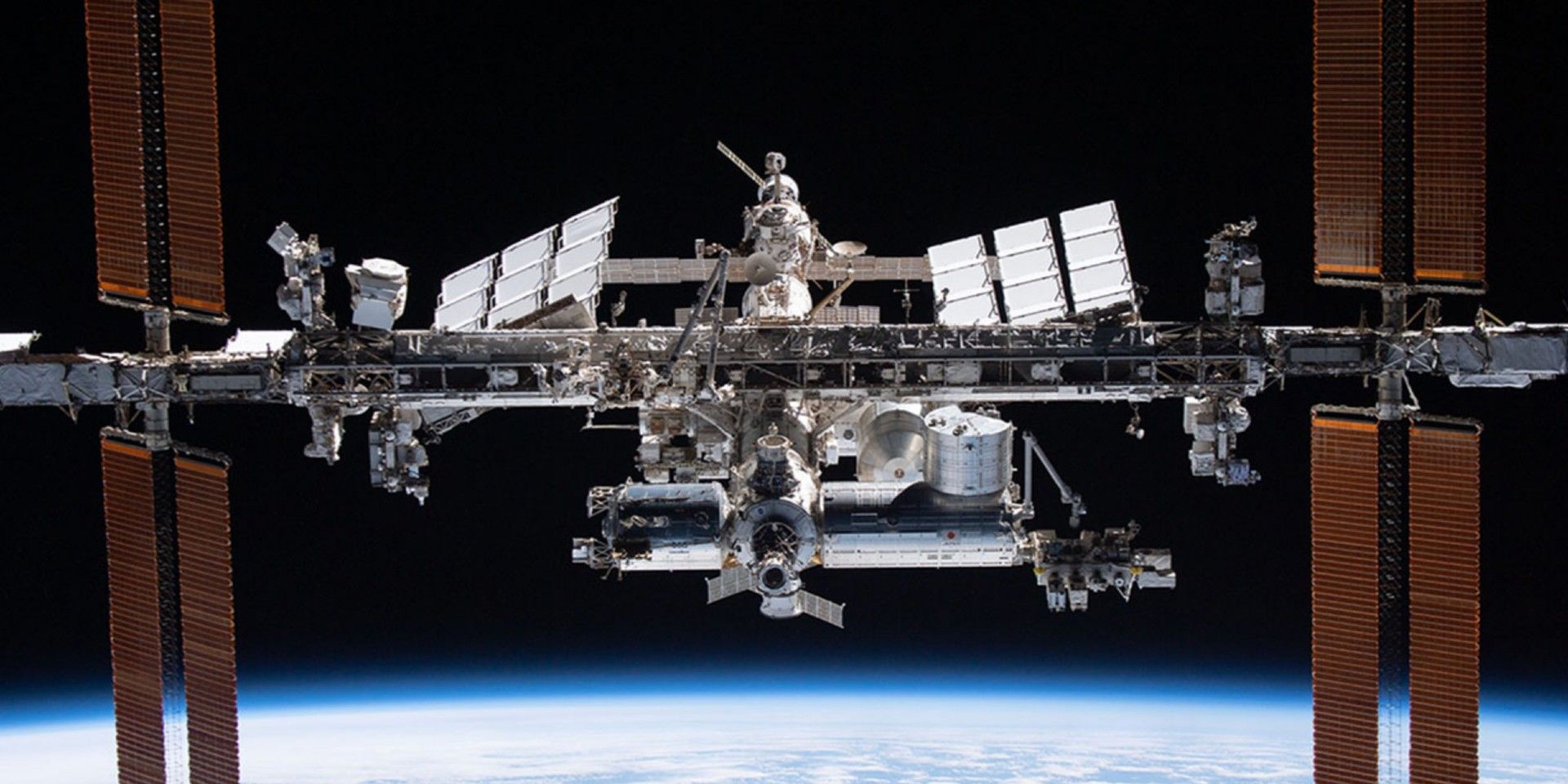One of the benefits of space research is its ability to contribute to sustainability efforts on Earth, and last week the International Space Station (ISS) took a major step in supporting that mission. Two of the Sustainability Challenge: Beyond Plastics competition winners were announced as part of the 11th annual ISS Research and Development Conference last week. Winning projects will have the opportunity to launch their research on the space station itself, using the unique microgravity environment to advance scientific efforts to reduce plastic waste here on Earth.
The challenge invited proposals focused on solving the ongoing global plastic waste issue. Winning the challenge is desirable not only because the honor comes with funding from ISS partner Estée Lauder but also because the ISS laboratory offers researchers access to the space-based environment in a way that few labs can. Challenge winners can develop, test or mature products and processes in orbit. The Center for the Advancement of Science in Space, Inc., which manages the ISS National Lab, selected projects aimed to reduce the volume of plastic waste introduced into the environment, identify methods of plastic production beyond petrochemicals, and reduce the need to produce plastic in the first place.
Green technology in space is a booming industry, and the ISS National Laboratory announced that the two winning projects are both focused on reducing the plastic waste stream in innovative ways. The first, led by Dr. Stephen Meckler of the Palo Alto Research Center (PARC), seeks to study the microgravity synthesis of aerogel copolymers. The second, from Dr. Katrina Knauer and her team at the National Renewable Energy Laboratory and the BOTTLE Consortium, considers biological recycling of plastic waste.
Spotlight On The Winning Projects
The first project, Microgravity Synthesis of Aerogel Copolymers, primarily focuses on improving existing carbon capture methods. Aerogels are a class of incredibly lightweight solid-foam materials. While they have many uses, they are mainly used as insulation. Aerogels have long been touted as a possible solution for many environmental issues, including as a method of carbon capture. Aerogels can potentially remove certain environmental and human health-threatening pollutants through adsorption. In other words, aerogels can potentially convert an undesirable gas into a less harmful solid. Meckler’s team’s project will look at ways to capture carbon dioxide in aerogel copolymers and then use that CO2 as feedstock for commodity polymer manufacturing. Aerogels are so effective because of their chemical structure. Meckler’s team believes that studying how aerogels form in microgravity—free from the convective forces of Earth—will empower them to improve their formulation and manufacturing processes and produce an aerogel capable of absorbing roughly twice as much CO2.
The second project, No Carbon Left Behind: Biological Recycling of Plastic Waste, examines bacteria strains that break down plastics and produce polymer building blocks. With companies like Amazon contributing to plastic pollution, solutions to recycle packaging waste and make its production less harmful are more important than ever. Knauer and her collaborators are curious about if and how space radiation and microgravity influence bacterial behaviors. Current recycling technologies rely on separating plastics, and many mixed plastics are therefore rejected by facilities and sent to landfills. This project aims to use bacteria to convert mixed plastics into highly valuable biopolymers already used in packaging. The team hypothesizes that the effects of microgravity will yield microbial strains with optimized metabolism and carbon efficiency and that those strains can be harnessed and replicated back on Earth.
The ISS laboratory has long provided a crucial microgravity research environment for scientists from various institutions. As a public service enterprise, the facility supports projects from U.S. government agencies, academic institutions, and the private sector. After the ISS is decommissioned in 2030 and low-orbit space stations are delegated to private enterprises, it remains to be seen whether such valuable research still has access to the microgravity environment.
Source: ISS National Laboratory


